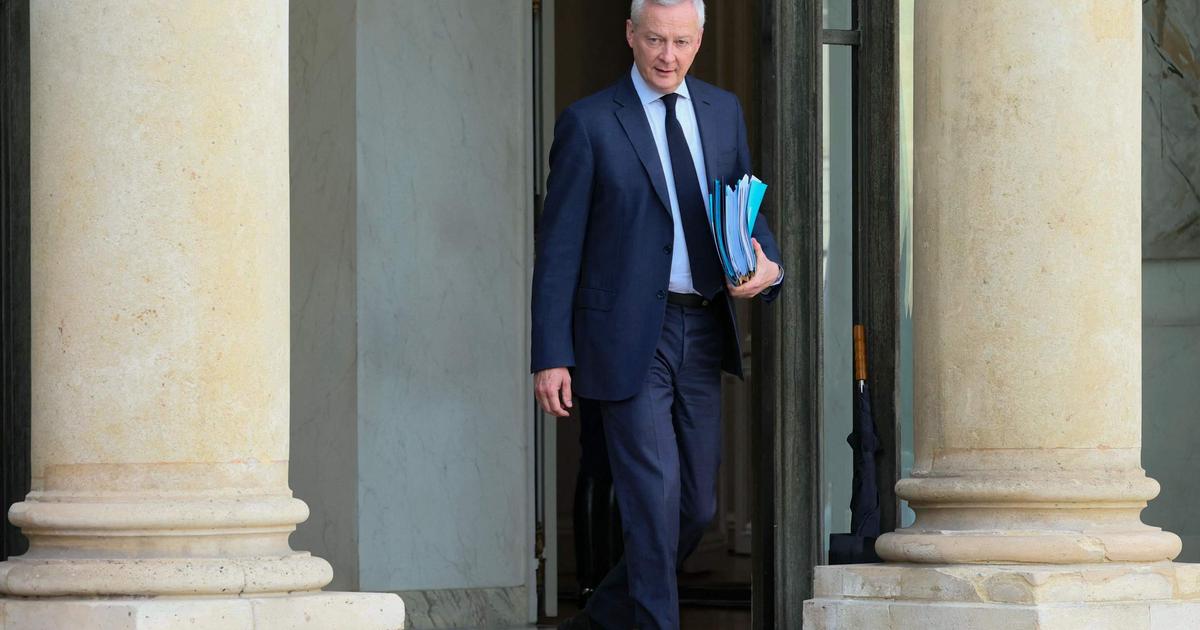The cost increases suffered by SMEs and very small businesses (TPE) and the deterioration of their cash flow are causing a slowdown in investment, according to a barometer published on Wednesday by the public bank Bpifrance and the Rexecode institute.
However, recruitment difficulties remain "
the first concern of SME/VSE managers
", cited by 59% of business leaders questioned, according to the responses given to the survey by 554 SME/VSE managers from October 17 to 27.
Despite inflation, which is holding back purchasing power and demand, "
when there are labor shortages, which remain the main factor holding back growth, we are clearly in a supply constraint
", explained to AFP Philippe Mutricy, director of studies at Bpifrance.
Less than one in two companies plan to invest
More and more companies are noticing a deterioration in their cash position and investment intentions are continuing their decline that began in the spring.
Less than one in two companies (49%) now plans to invest in 2022, compared to 55% six months ago.
However, according to Philippe Mutricy, “
we are more in the postponement than in the cancellation
” of investment projects, as during the health crisis.
“
For two years now, investment has been much more dynamic than
the growth of the economy would predict,” tempers Baptiste Thornary, economist at Bpifrance.
According to him, investment is proving resilient in industry, with the recent decline coming more from services and tourism, sectors which had “
invested a lot and digitized
a lot ” during the health crisis.
A quarter of managers (24%) have made “ green
” investments
over the past three years, according to the barometer.
The investments found most often are waste sorting and recycling, followed by the renewal of the vehicle fleet, the purchase of more energy-efficient production equipment only coming in third place.
Read alsoCost of energy: what will aid for businesses look like?
Despite the context of rising interest rates, credit conditions still remain "
generally favorable
", and only 18% of companies report encountering day-to-day operating difficulties, which corresponds to the pre-crisis level, according to the barometer.
In 2023, nearly two-thirds (64%) of managers of SMEs and VSEs plan to increase salaries (excluding bonuses and profit-sharing).
On average, the expected increase is 2.6%, taking into account those who do not plan to raise salaries.
Also for next year, 62% of SME/VSE bosses plan to increase selling prices, with an average increase expected of 3.8%.















